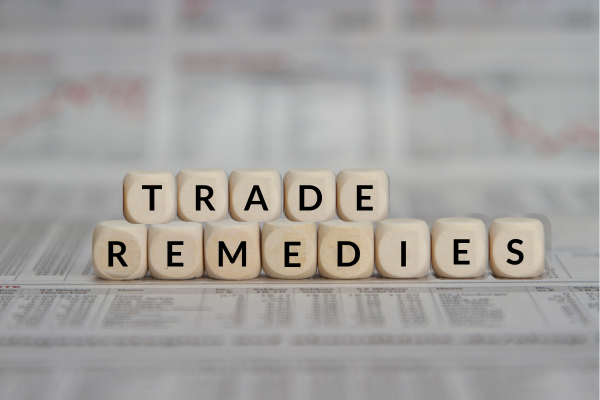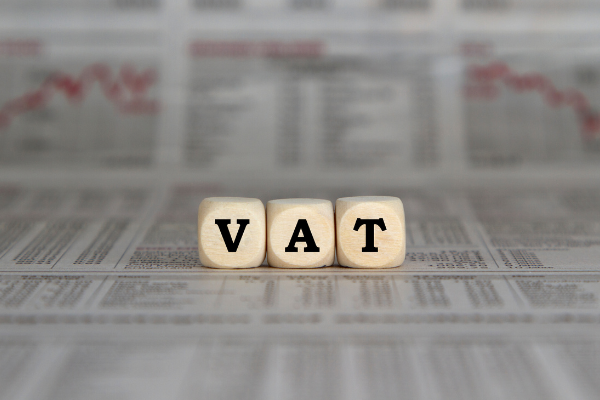Duty & VAT

Since Brexit, the movement of goods between the EU, Northern Ireland (NI), and Great Britain (GB) has become significantly more complex. One Customs identifier you might start seeing on invoices is the XI REX number. If you’re wondering what it is, why it’s showing up, and whether it’s valid — you’re not alone.

The UK Government has recently released the Transformation Roadmap, a comprehensive document that outlines HMRC's strategic reform. This roadmap, published on 21st July, details the government’s ambitious plans to modernise the HMRC tax and Customs system over the spending review period, with a clear vision for 2030.

The need for trade remedies stems from the challenges of operating globally. Trading internationally carries risks, such as opening the domestic market to the threat of competition. Introducing trade remedies in these scenarios can counterbalance these threats, protecting the UK’s domestic industries. As of 2025, the United Kingdom imposes anti-dumping duties on various imported goods to protect domestic industries from unfair trade practices. These duties are additional charges levied on products sold in the UK at prices below their standard value, often due to subsidies or dumping by exporting countries.

Is history repeating itself? Possibly the most infamous legislation in U.S. economic history was the Smoot-Hawley Tariff Act of 1930. Introduced during a period of financial downturn, its sole purpose was to raise tariff rates on imported goods. This legislation did not pass without unintended consequences, leaving scars in America's global trade and economic policies for years to come.

Excise duties in the UK are taxes levied on importing or manufacturing specific goods. When these goods are imported from outside the UK, excise duty is charged in addition to import duty and VAT. These duties are applied to items such as alcohol, tobacco, and fuel, among others. The UK excise duty system encompasses several categories, including regulations and rates.

The National Export System (NES), which will be replaced by the Customs Declaration Service (CDS) at the end of March 2024, doesn’t require an exporter to declare whether or not they are zero-rating their export for VAT purposes. Exporters can claim VAT zero rating against official and/or commercial transport evidence of export.








